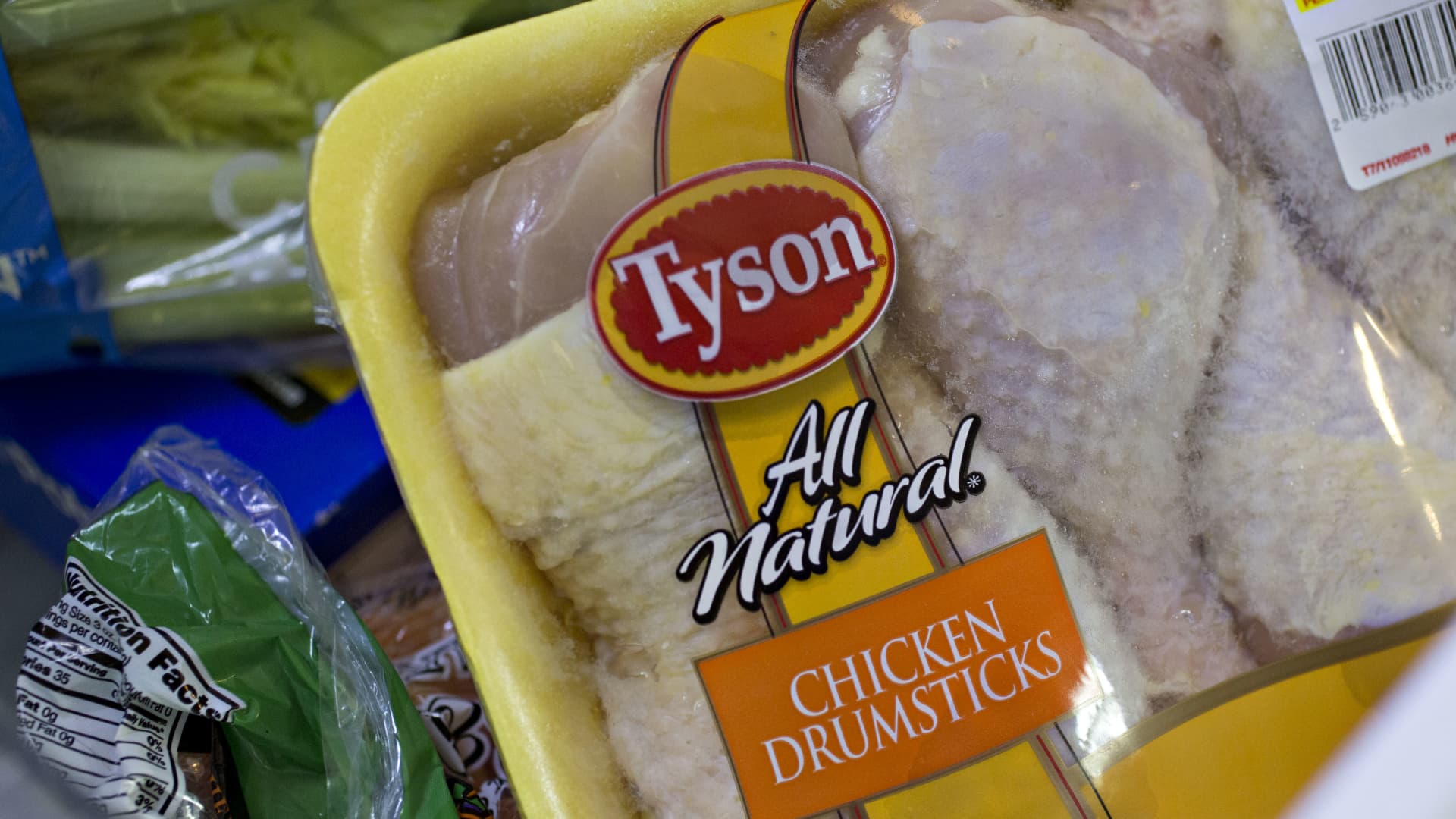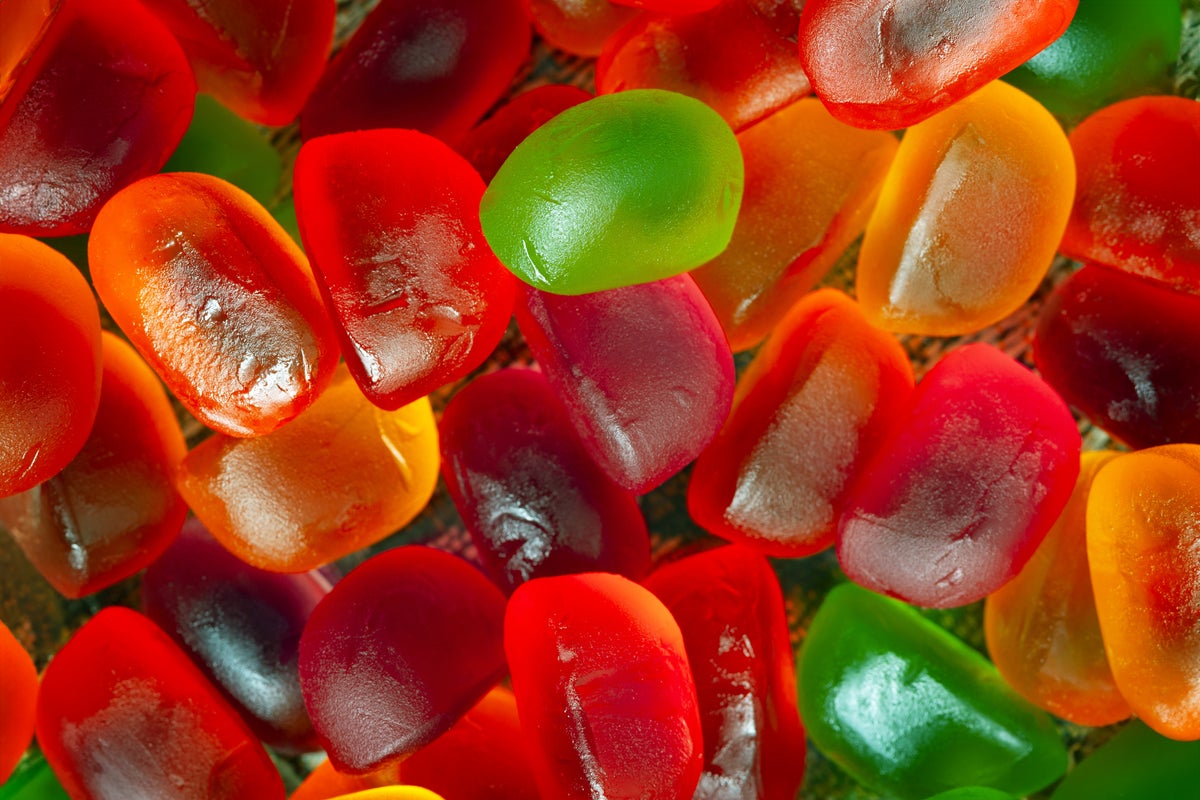There’s no denying that the internet is full of conflicting health advice. However, one diet that scientists continue to declare as the world’s healthiest is the Mediterranean diet. But what is the Mediterranean diet, and what makes it so healthy?
For one, the world’s healthiest diet doesn’t require extreme elimination or restriction. It’s more about prioritizing whole, plant-based foods and less of the processed stuff. That means more vegetables, fruit, legumes, nuts, seeds, and whole grains along with fatty fish and other types of seafood, and ‘unrestricted’ helpings of extra-virgin olive oil.
According to research, “modest helpings of dairy products, poultry, and eggs are allowed, while red meat should be eaten sparingly or avoided. Low or moderate amounts of alcohol—preferably red wine—are acceptable, but water, coffee, and tea are preferred.”
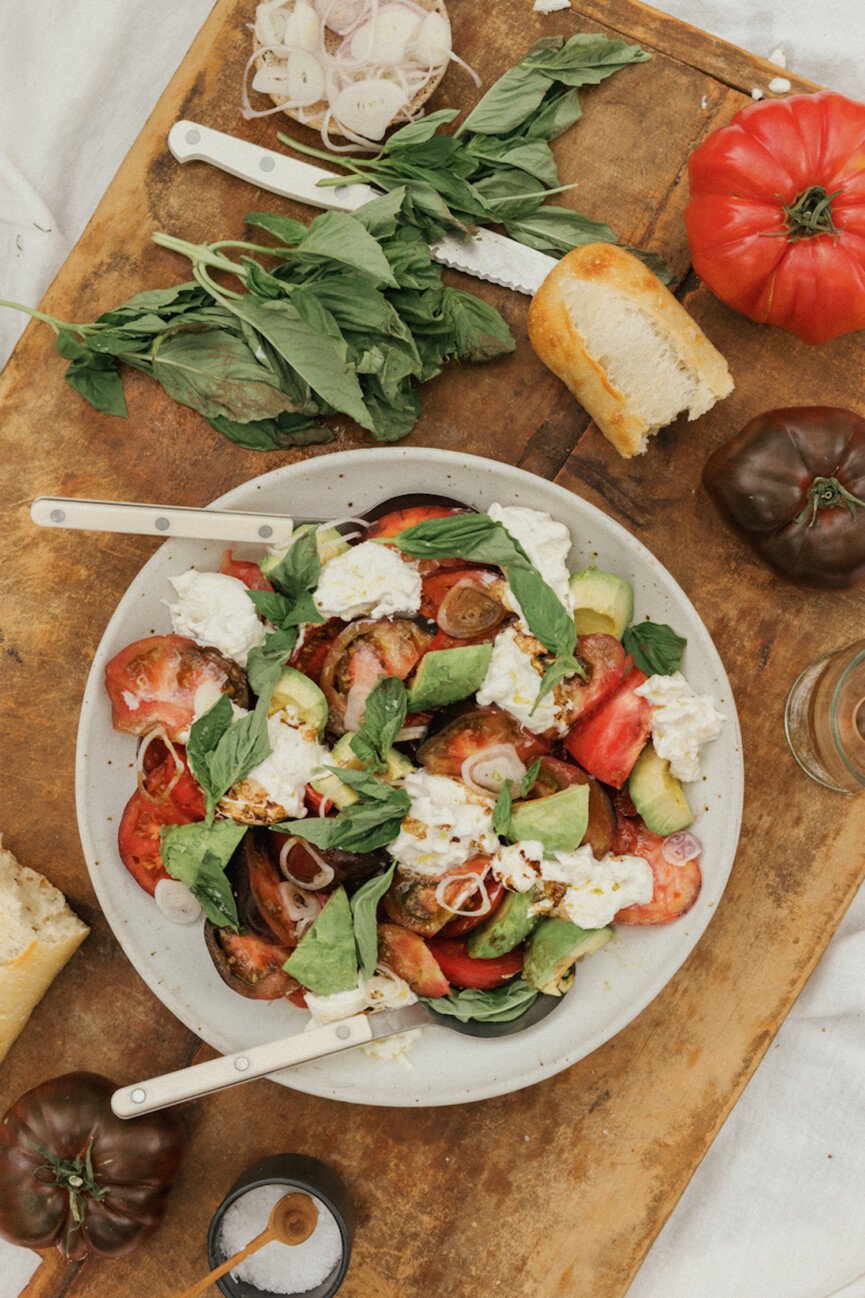
A Beginner’s Guide to the Mediterranean Diet
Intrigued? Same. We tapped Suzy Karadsheh, chef and founder of The Mediterranean Dish to find out more. With more than 600 recipes and videos, The Mediterranean Dish is one of the leading authorities for wholesome Mediterranean recipes with flavors spanning the South of Europe to North Africa and the Middle East.
Born and raised in Port Said, Egypt, Karadsheh was immersed in the Mediterranean culture, eating ingredients and foods from the local market with her father and cooking them with her mother. Today, she draws on both of those experiences to create her vibrant, flavor-packed recipes.
Read on to learn more about the Mediterranean diet, what makes it so healthy, and how to get started. And be sure to scroll to the end for easy Mediterranean Diet recipes to start eating your way to optimal wellness.


Suzy Karadsheh
Suzy Karadsheh is the creator of the popular food site The Mediterranean Dish and author of the New York Times Bestselling book The Mediterranean Dish Cookbook: 120 Bold and Healthy Recipes You’ll Make on Repeat. From a very early age, she was a part of mother’s vibrant kitchen in the Mediterranean city of Port Said, Egypt.
What is the Mediterranean diet?
The Mediterranean diet is one of the easiest, most sensible diets to follow. I prefer to call it “the Mediterranean way of eating,” because the word diet comes with certain expectations and a list of do’s and don’ts. In this case, we’re not talking about a diet that has you following a rigid set of rules, counting calories, and depriving your body of certain food groups and much-needed nutrition.
The Mediterranean diet is more of an eating pattern that focuses on well-balanced eating, particularly fruits, vegetables, whole grains, beans, nuts, and legumes; lean proteins from fish and poultry; good fats from olive oil; and some dairy.
You won’t be fully eliminating things from your diet. Instead, you will heavily rely on wholesome ingredients and filling up on delicious, nutrient-rich foods, particularly plant-based foods, but you can eat almost every food, some more than others.

What are the key principles of a Mediterranean diet?
I try to live by three simple Mediterranean diet principles, which include:
1. Eat with the seasons. I try very hard to eat produce (vegetables and fruits) in their seasons. Not only is this a very delicious way to eat, but more sustainable and economical. That is not to say one should avoid frozen vegetables. A lot of the time, those are picked during their prime season and flash-frozen to keep as much of the carbohydrate, protein, fiber, and mineral content. You just need to weigh the options.
2. Use whole foods. As much as possible, avoid processed foods that are high in fat, salt, sugar, and calories, but low in fiber and other important nutrients.
3. Above all, share. To me, this is probably the most important Mediterranean diet value that others are not talking much about. I grew up eating all my meals at a table full of family and friends, and I try to do the same today. I don’t know about you, but when I share a meal with others, I tend to eat slowly, and I am less likely to stuff myself. Beyond sharing a meal, in general, people of the Mediterranean value a balanced social life and a certain connectedness to those who matter most.
When it comes to eating and portion size, one helpful Mediterranean habit is to eat as few meals as possible alone.
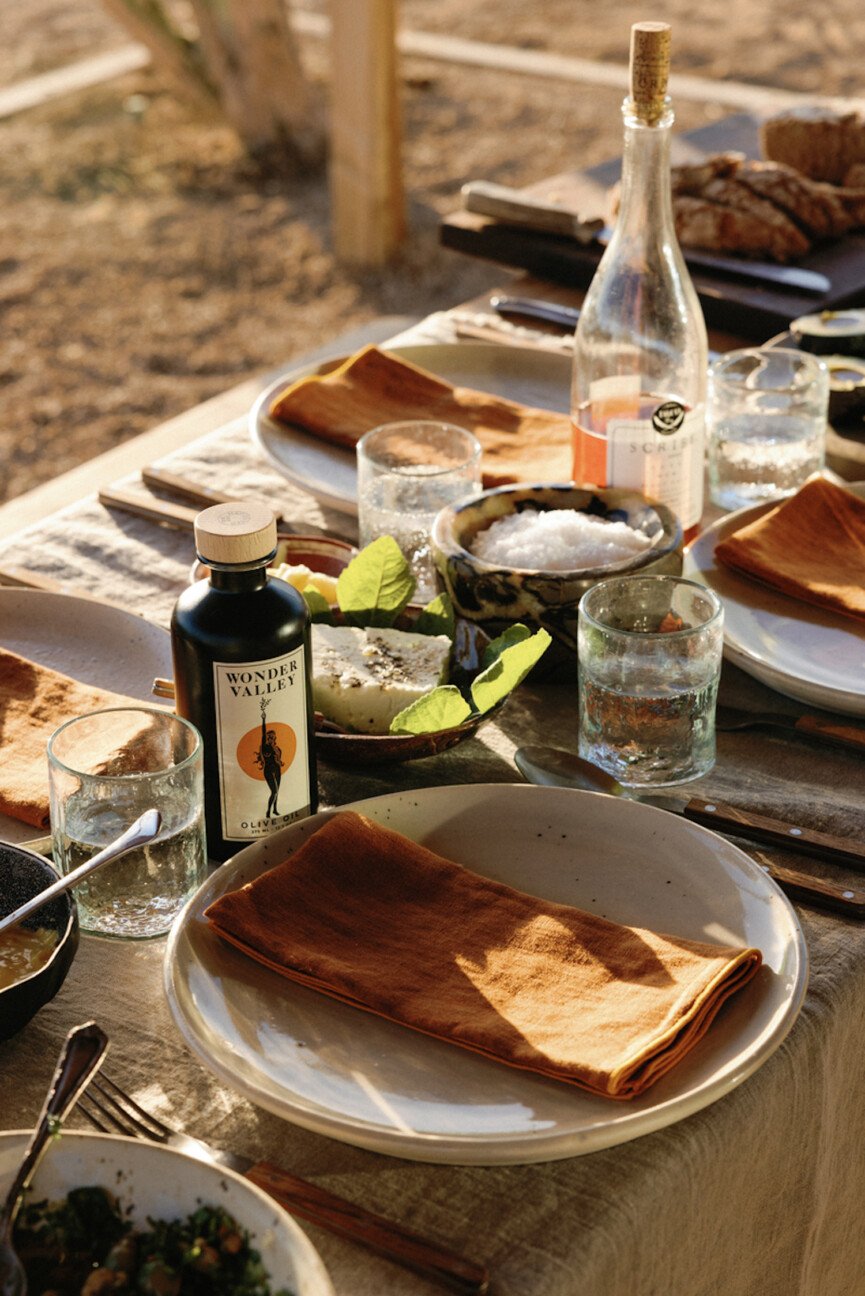
What are the health benefits of a Mediterranean diet?
Most Mediterranean recipes naturally require the elimination of processed foods and consumption of more wholesome options, focus more on vegetables and grains, and take in more heart-healthy fats in the form of quality extra virgin olive oils, nuts, and fish. You get to feel satisfied while reducing your risk of both mental and physical health problems.
The Mediterranean diet is linked to:
- Increased longevity
- Strengthened heart health
- Reduced cholesterol and blood sugar levels
- Reduced risk of Alzheimer’s disease
What are some of the healthy fats you eat regularly?
For me, my go-to fat of choice is quality extra-virgin olive oil that is high in polyphenols (antioxidant agents) and low in acidity levels. I also rely on nuts, which make a satisfying snack because they are rich and filled with plant-based proteins.

How can we incorporate more healthy fats into our diets?
Making simple swaps is a good place to start. For example, start by reducing or swapping out your butter for a quality extra-virgin olive oil.
Snacking can often be the culprit. I have a list of Mediterranean diet snacks that I often reach for, like a handful of nuts or fresh fruit. If you have a sweet tooth like me, you’ll be tempted to reach for some Oreos in the afternoon. Swap that out for a little bit of homemade olive oil granola or something like Medjool dates, which are naturally sweet and a good source of energy.
When it comes to meal planning, replace a couple of red meat dinners with fish. I’m a big fan of salmon or baked cod.
16 Easy Mediterranean Diet Recipes
It’s hard to pick from our collection of Mediterranean diet recipes, but ahead are some of the best recipes that are also fan favorites.
Mediterranean Diet Breakfast
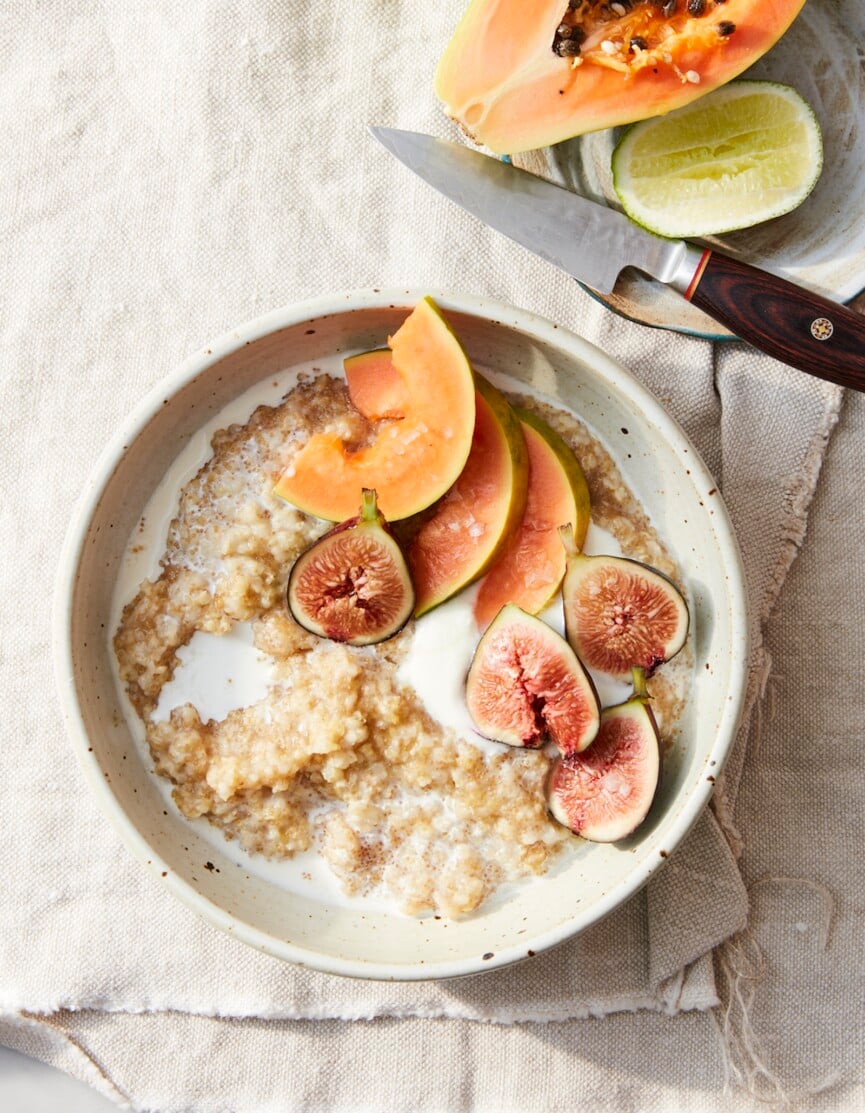
Millet and Amaranth Porridge with Figs and Papaya
A Mediterranean diet is all about whole grains, including the one featured in this porridge recipe—millet! This breakfast recipe is far from your typical bowl of morning oatmeal with fresh fruit that’s packed with flavor and nutrients.
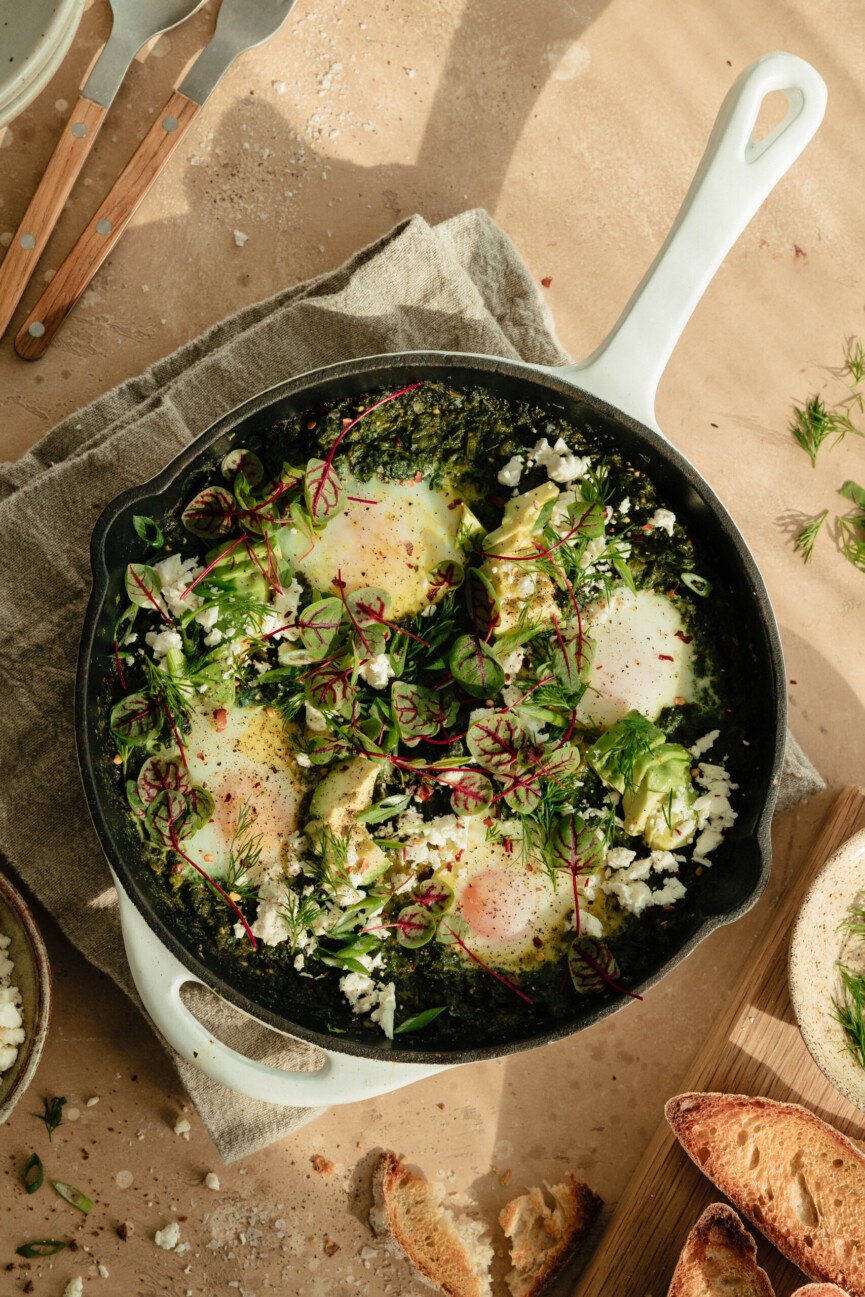
Green Shakshuka
There’s nothing more delicious than the classic shakshuka. But… we might be even more obsessed with this green and vibrant twist. Gently poached eggs cook in a simmering mixture of chopped spinach, onions, and garlic with warm spices and fresh herbs. Easy to cook and clean up. It’s a win-win!
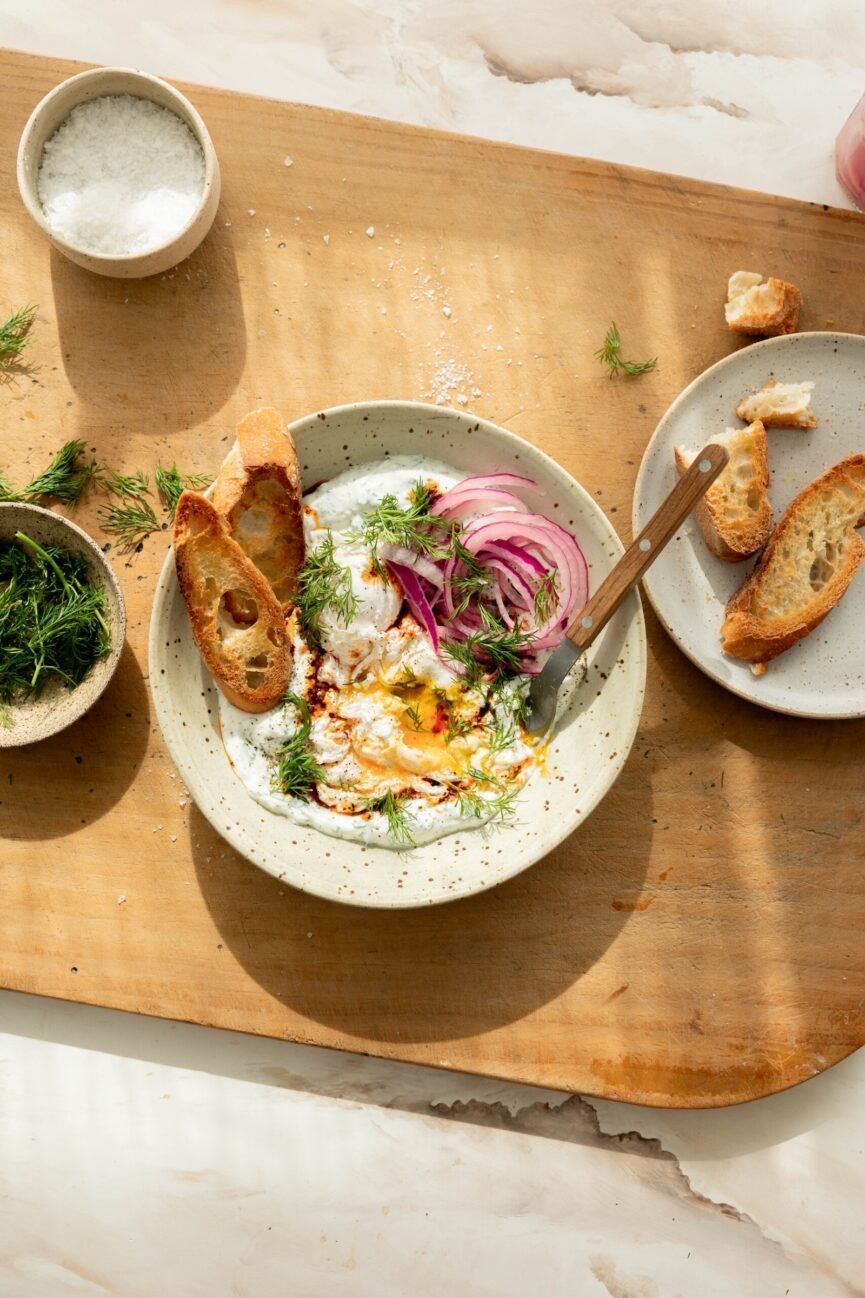
Spicy Turkish Eggs Bowl
I look forward to these spicy poached eggs on mornings when I can romanticize my breakfast ritual. They’re not just stunning—they contain a variety of inflammation-fighting spices that complement the protein-packed eggs.
Mediterranean Diet Salads
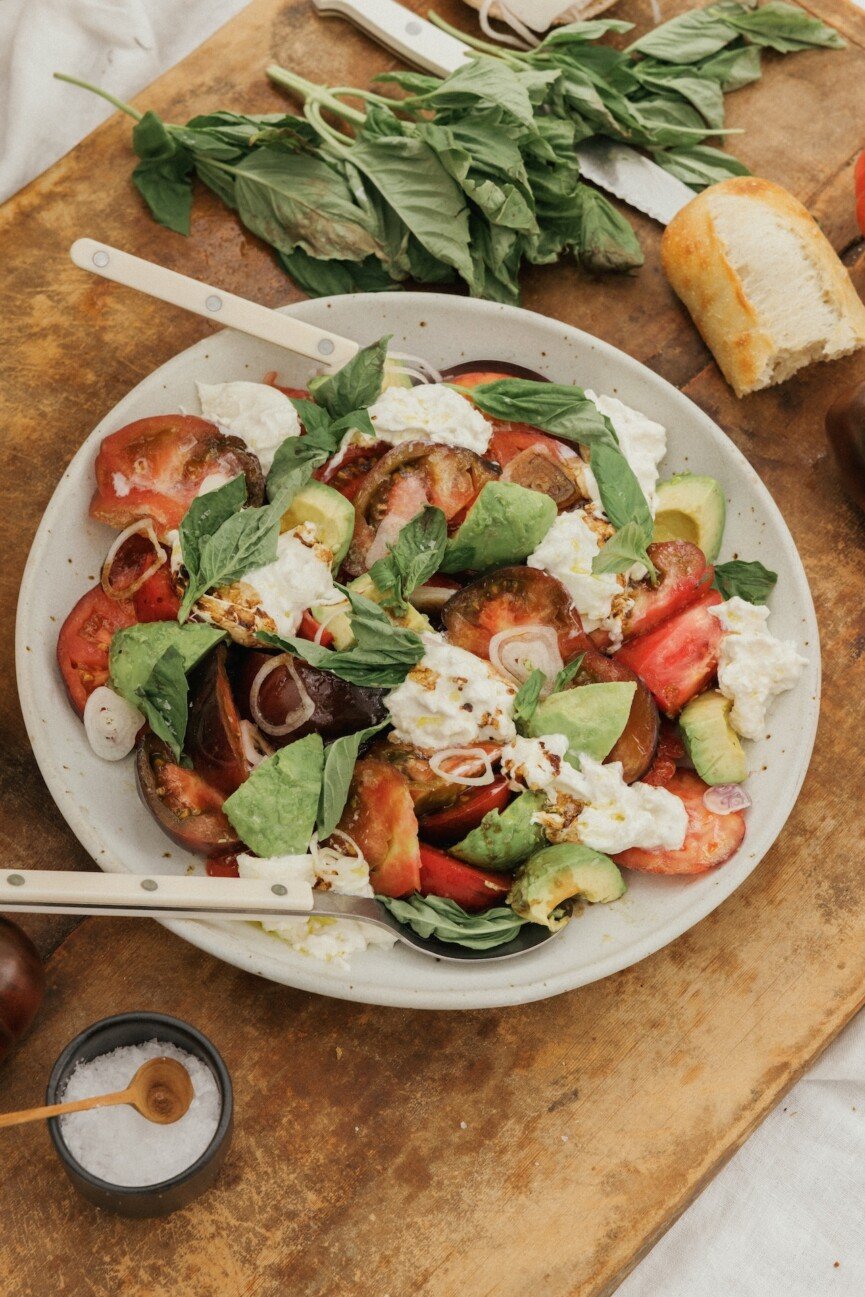
Avocado Caprese Salad
You love your classic Caprese—now it’s time to switch things up. This salad tosses in big chunks of avocado, leaning on the fruit’s creamy, rich texture for a hearty side. It couldn’t be more satisfying or simple to throw together.
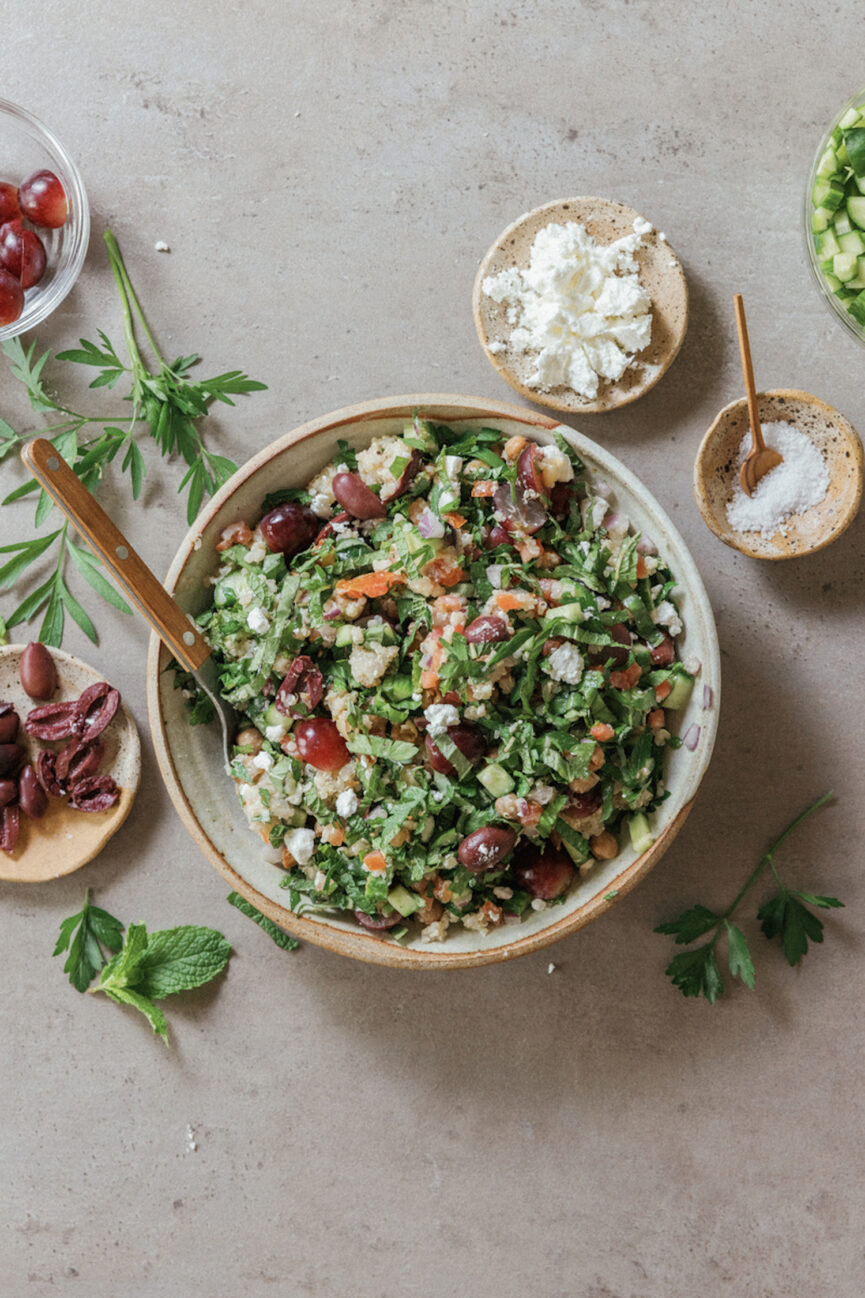
Mediterranean Grain Bowl
Whenever the lunch hour rolls around, I’m always at a loss for what to eat. That is until I discovered Camille’s delicious Mediterranean grain bowl recipe. Think: olives, chickpeas, a medley of Mediterranean-approved herbs, and the tastiest lemon and yogurt dressing to tie it all together.
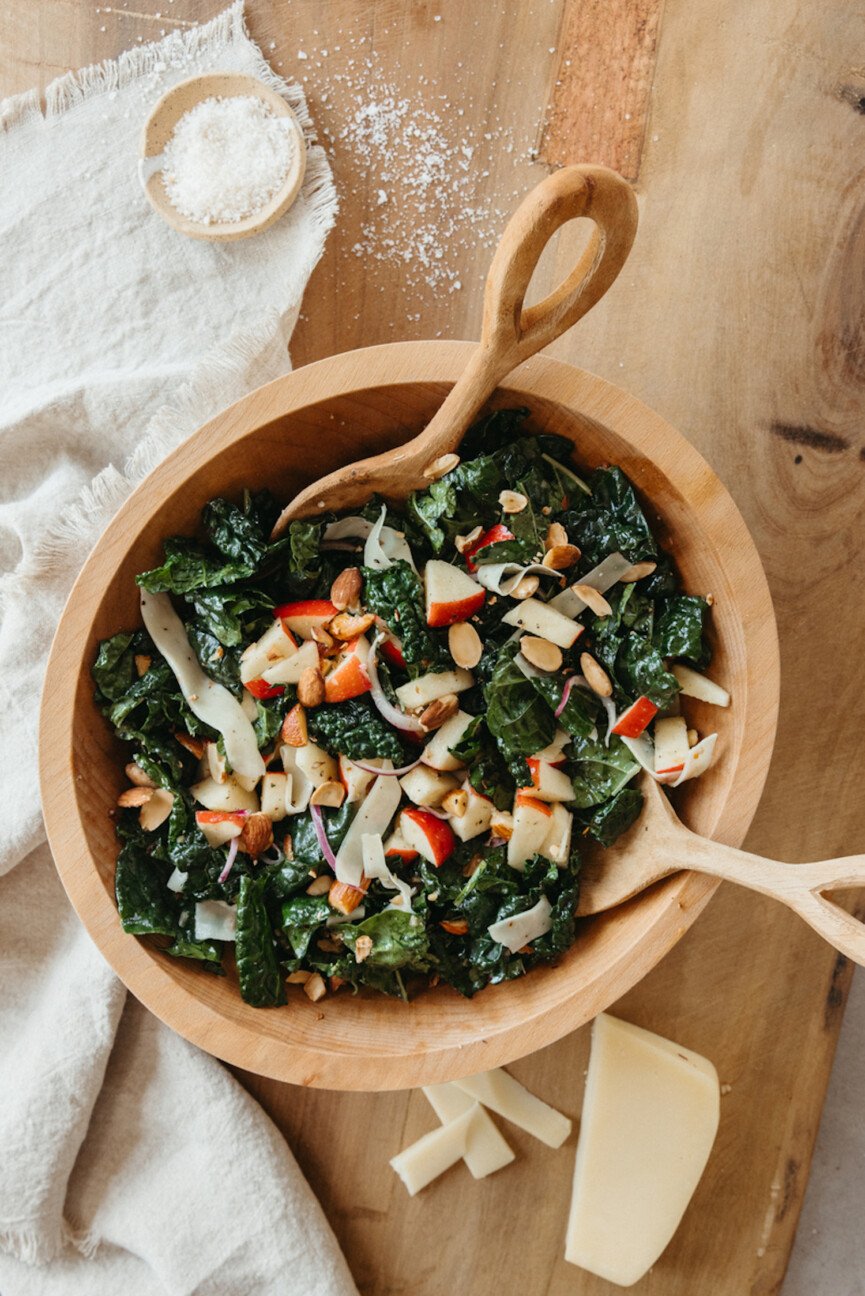
Mediterranean Kale Salad
Gone are the days of bland and boring kale salads. Now, you get to look forward to flavor-packed bowls of greens like this delight. I love the crunch of the roasted chickpeas mixed with salty feta and fresh radishes and cukes. Seriously—this salad packs all the good stuff, including a honey-tahini dressing to boot.
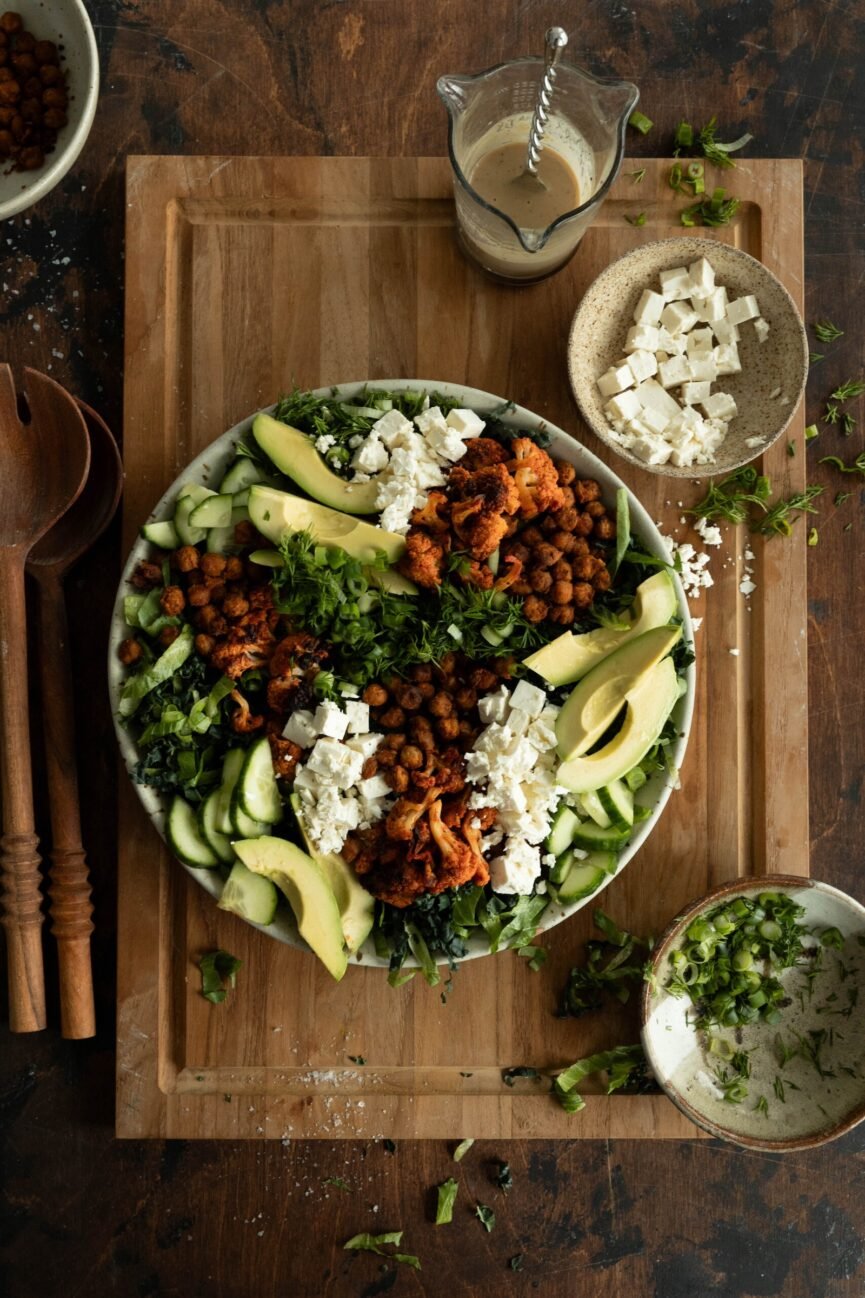
Smoky and Spicy Cauliflower Salad
Cauliflower is a versatile veggie that can easily be incorporated into a Mediterranean diet. This spicy baked cauliflower bowl packs in more than one Mediterranean diet-friendly ingredient. Chickpeas add an extra bit of protein and avocado packs in healthy fats that keep this bowl filling and balanced.
Mediterranean Diet Main Meals
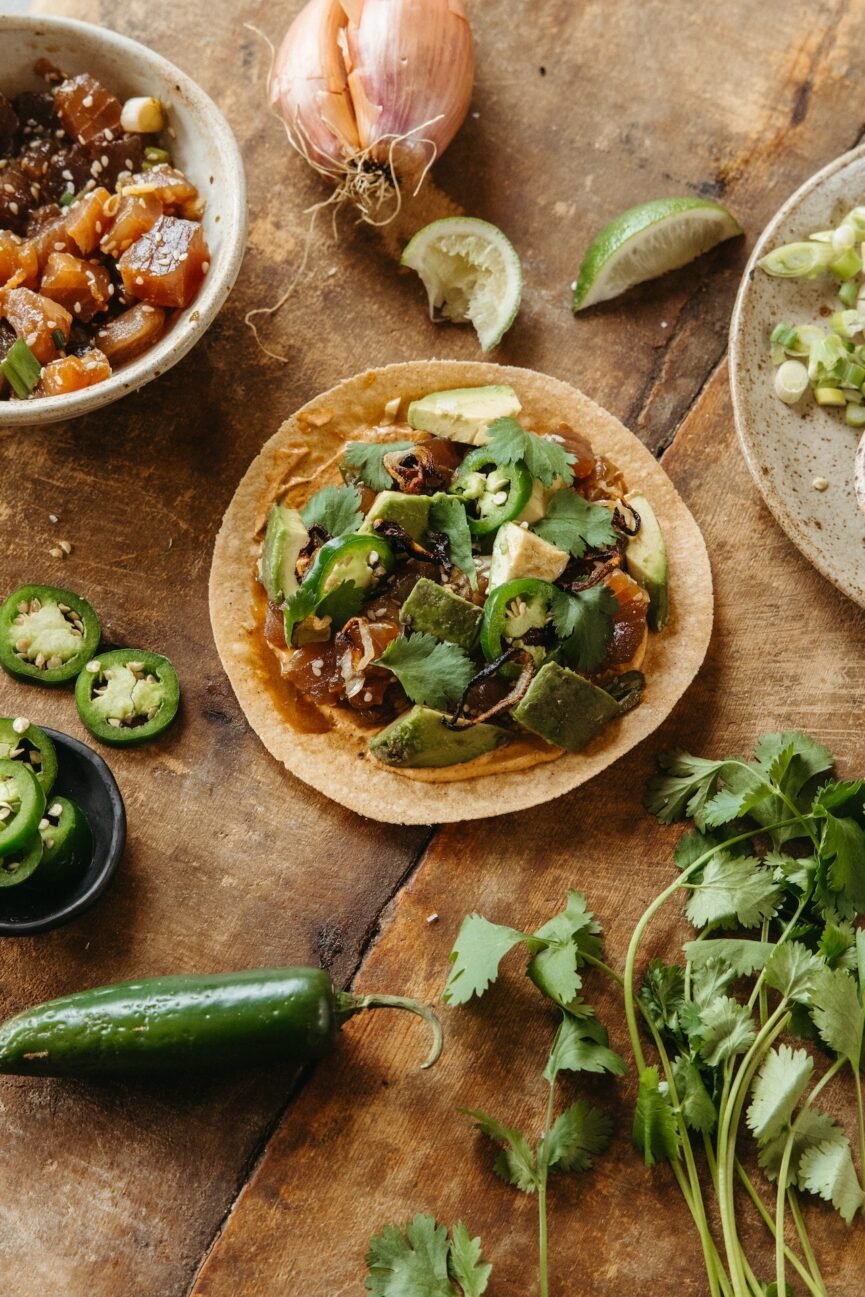
Spicy Tuna Tostadas
I’ll confess—these tuna tostadas have been my most recent foodie obsession. Fortunately, tuna is a great Mediterranean diet food, rich in protein and an excellent source of essential omega-3 fatty acids. The flavor of these tostadas is undeniably addicting, making them the perfect snack or appetizer.

Honey Glazed Salmon With Coconut Crunch
Salmon is a staple protein in the Mediterranean diet. This hot honey salmon bowl can be paired with a whole grain like brown rice or quinoa instead of white rice to keep it Mediterranean diet-friendly.

Mushroom, Spinach, and Goat Cheese Frittata
Without any crust like a quiche and far more interesting in every bite—frittatas are one of my go-to easy Mediterranean diet recipes. This frittata also contains spinach and mushrooms, both of which have a plethora of health benefits, including supporting gut health and lowering inflammation.
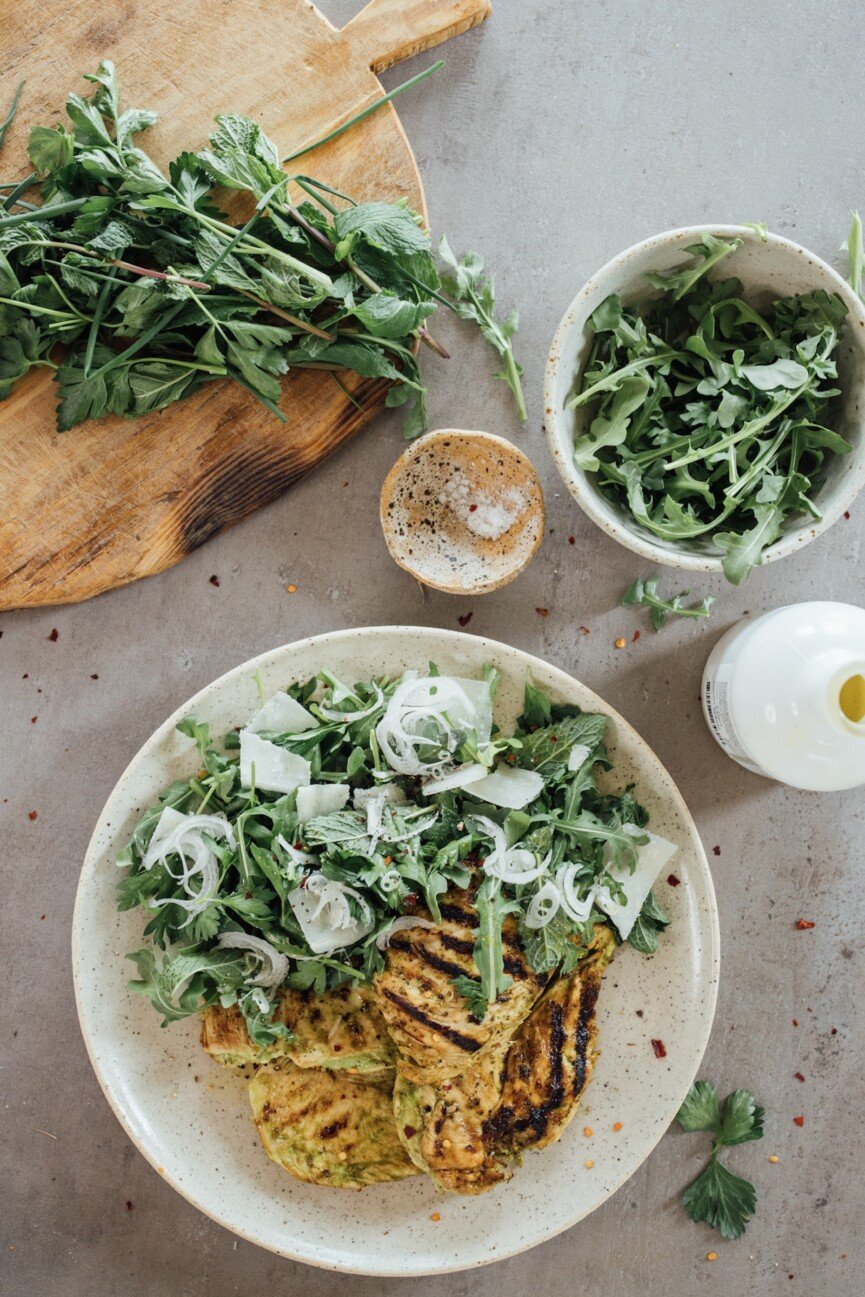
Yogurt-Marinated Grilled Chicken
Chicken is a Mediterranean diet-friendly animal protein, unlike red meat, which should only be consumed in small amounts. With the addition of a mouth-watering Greek yogurt marinade, this recipe will quickly become a favorite on your weekly menu.
Mediterranean Diet Snacks

Carrot Turmeric Hummus
Hummus is one of the first snacks that pop into my mind when I think of the Mediterranean diet. With the addition of carrot and turmeric—two ingredients that help fight inflammation from within—this hummus recipe is a must-add to your rotation.
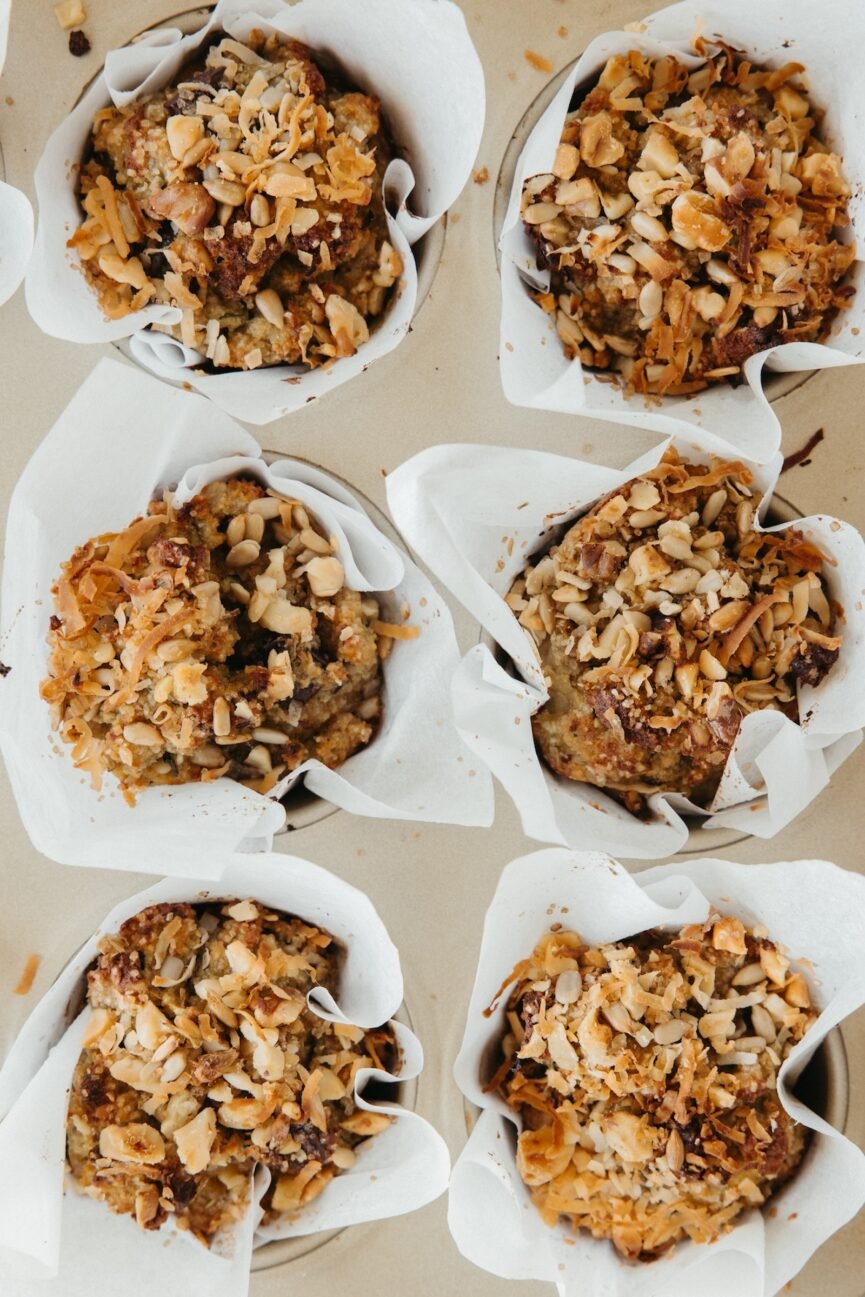
Grain-Free Zucchini Muffins with Chocolate Chunks
If you’re looking for a quick and healthy grab-and-go easy Mediterranean diet recipe, these zucchini muffins have you covered. Zucchini is a versatile Mediterranean diet veggie and can find its way into just about any dish or recipe. (Case in point, these totally delish muffins.)
Mediterranean Diet Desserts
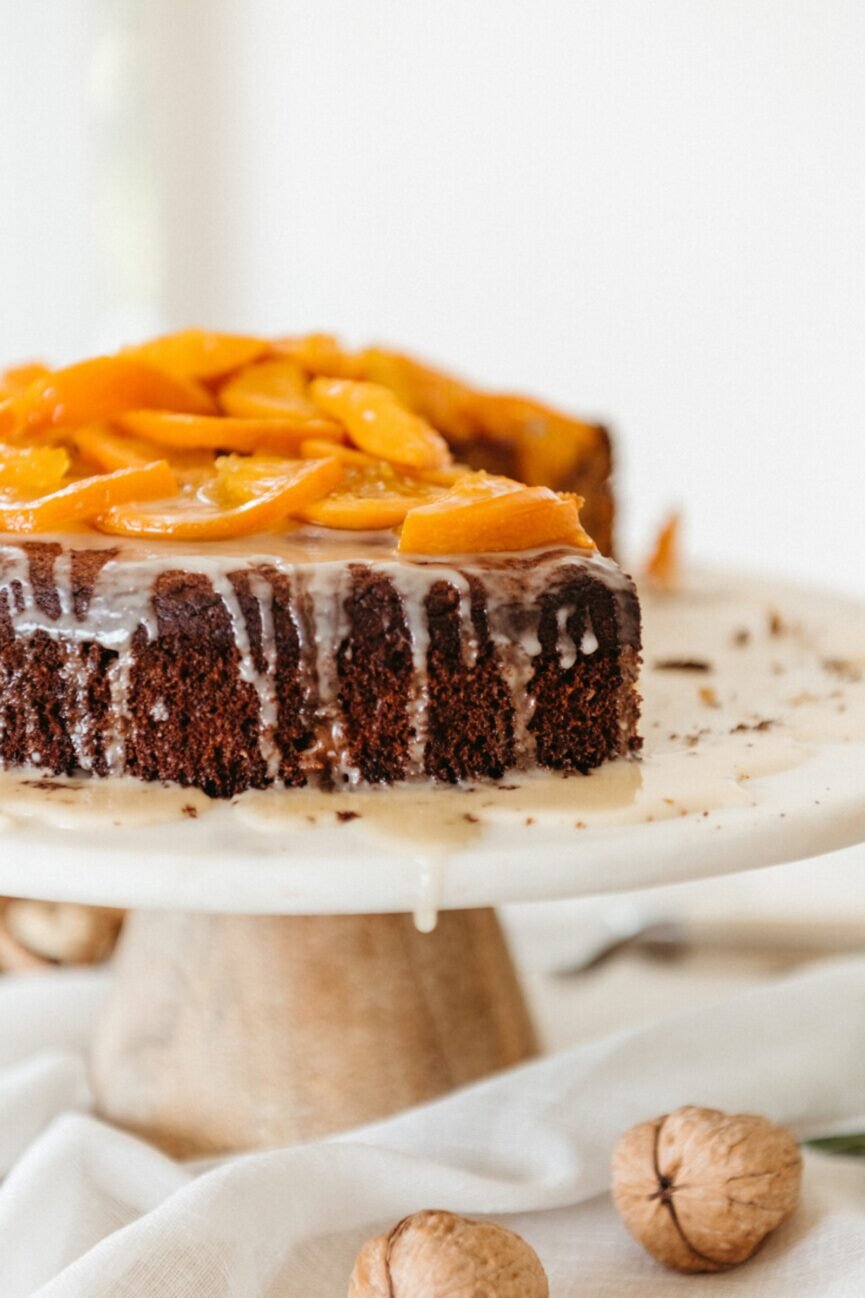
Walnut & Honey Olive Oil Cake
We call this a snacking cake—in other words, a just-sweet-enough treat that can be enjoyed at any time of day. It also contains a variety of ingredients that can be incorporated into a Mediterranean diet. To name a few, this cake includes olive oil, walnuts, and Greek yogurt.

Mango Lassi Popsicles
With mangos, yogurt, a bit of milk, and some spices, these popsicles are a refreshing way to end a hot day. Mango is a great tropical fruit to incorporate into the Mediterranean diet, along with a bit of protein from the yogurt and cardamon for flavor.
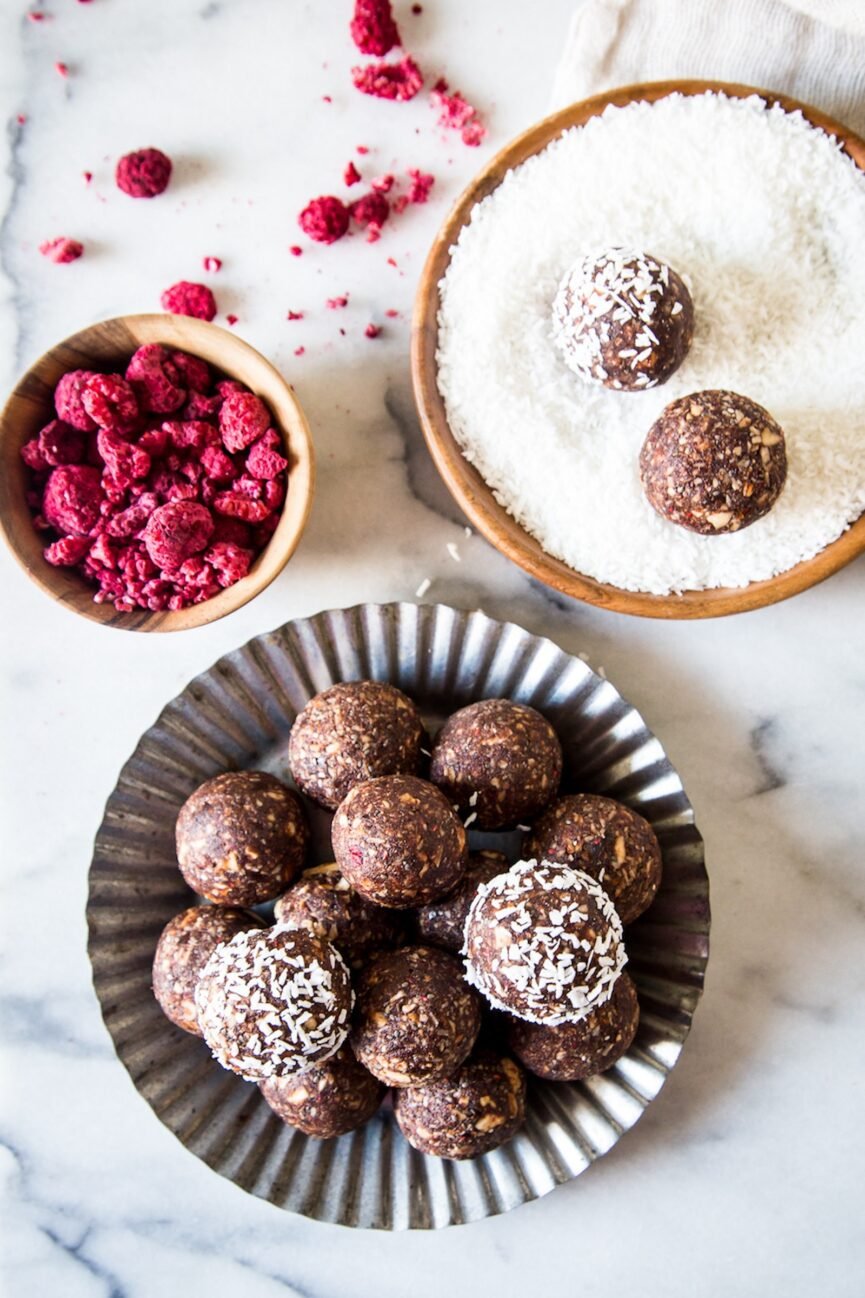
Raspberry Cocoa Energy Balls
These energy balls are the perfect bite-sized sweet treat to add to your repertoire of Mediterranean diet desserts. Consisting of sweet and savory anti-inflammatory ingredients like dates, almonds, and chia seeds, they’re a great healthy and light late-night snack.


















































